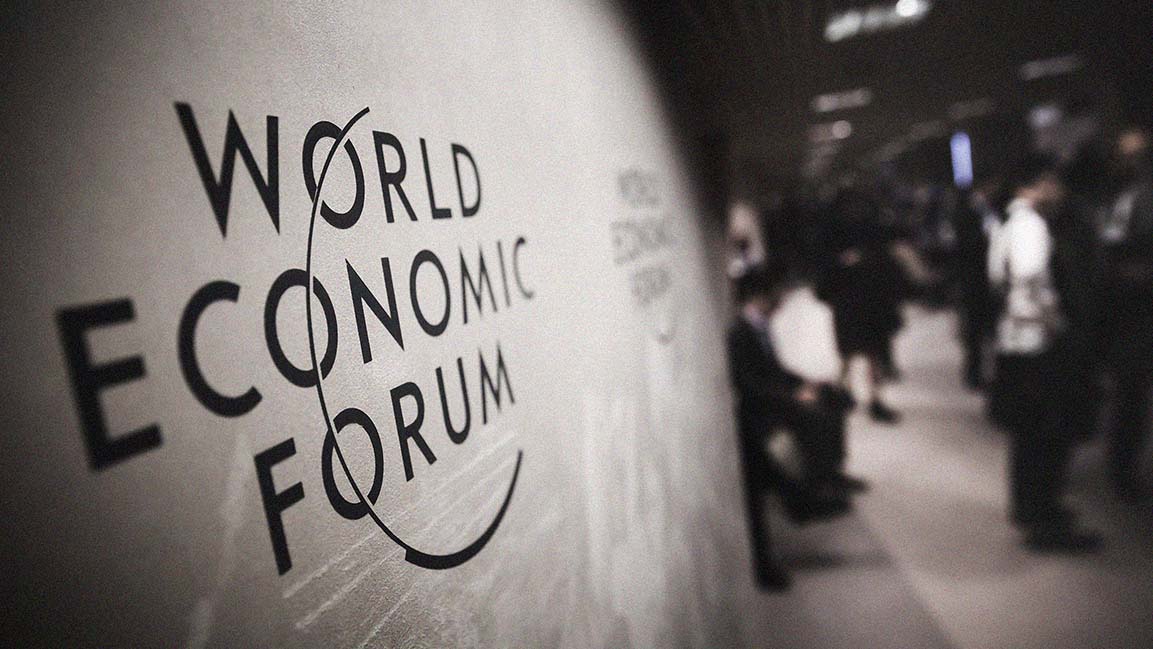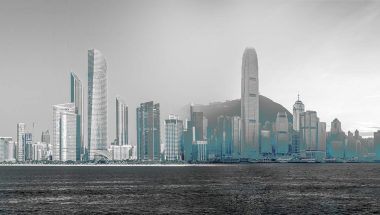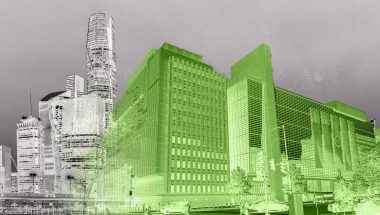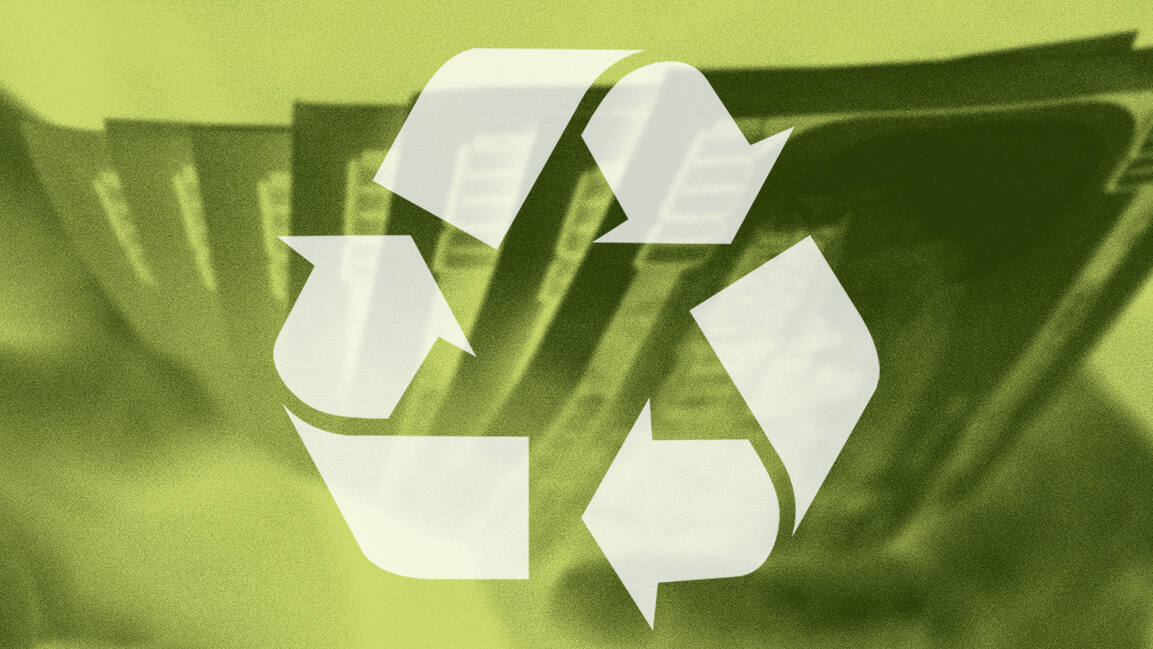- | 9:00 am
A global recession is coming. How will GCC fare
Amid the warning of global recession, we speak to analysts on how UAE, Saudi Arabia, and Qatar will fare.

Reeling from the economic slowdown of the pandemic, geopolitical events, and supply chain disruption, economists predict a global recession as early as the first quarter of this year. With inflation of 5.2% in the UAE, 3.4% in Saudi Arabia, and 4.2% in Qatar, the impact on employment, production, and consumer spending will be evident.
Bas Kooijman, CEO of DHF Capital, says that while inflation in the UAE was relatively low in 2022 at 5.2% (but the highest since 2016), the country still proved resilient with strong economic performance.
“UAE’s inflation rate will reportedly drop to 3.6% in 2023, which is a welcome sign for the country’s residents, particularly as the global inflation rate is pegged to 6.6%.”
Similarly, Qatar’s inflation rate slowed to 4.2% in January after being 5.9% in the previous month, and Saudi Arabia is projected to see its inflation rate jump slightly from 3.3% in 2022 to 3.4% in 2023. “Both these economies held steady throughout last year, and they’re well-positioned to maintain their positive trajectories,” he says.
“All the Gulf Cooperation Council (GCC) countries are currently projected to see their inflation rates vary between 3 to 4%, while European nations are set to witness inflation rates between 6 to 9%.”
The impact of these reported numbers runs much deeper, Kooijman explains. “The buying power of people has significantly reduced. For example, a family with infants may find themselves in a situation where milk prices have gone up by 50-75%, making it more difficult for them.”
“The global inflation rate is an average of all countries, but the actual inflation for the average family has been felt way more than what is conveyed by reported numbers,” he adds.
RESILIENCE DURING THE PANDEMIC
Historically, GCC economies haven’t been immune to global financial crises, including the 2008 global financial crisis and the 2014 oil price shock. However, the region has become resilient during the pandemic, where a swift response and strict public health measures proved effective.
According to Kieran Sheridan, the co-owner of GulfPhysio, the region has shown remarkable resilience during the pandemic thanks to its economic cushioning, fiscal stimulus, and diversification efforts.
An economic stimulus package of over $40 million was provided for economic relief to individuals and businesses in the trade, tourism, and energy sector, including fee waivers, rent discounts, utility payment plans, and loan guarantees.
“These measures have helped to mitigate the impact of the crisis and position the economies for future growth and may continue to do so in the face of a predicted recession,” Sheridan says.
HOW WILL THE GCC FARE?
According to FocusEconomics, global economic growth is forecasted to slow to 1.8%. Looking back at the global financial crises and during the pandemic years, it begs the question: How will these GCC heavyweights fare amid a predicted global recession? Is it resilient to offset the impact?
Analysts predict that the GCC economies are well-positioned to emerge from a predicted global recession because the countries have access to financial reserves or sovereign wealth funds that will allow them to cushion uncertainty or the effects of a recession.
The recent Economic Diversification Index (EDI) reports that UAE and Saudi Arabia made significant progress on their economic diversification policies. The countries have reduced their reliance on oil and significantly developed non-oil sectors, particularly renewable energy, tourism, and technology.
“The UAE, for instance, has continued to invest in long-term economic diversification efforts like expanding technology and innovation sectors, promoting entrepreneurship, and supporting the creation of new jobs,” Sheridan adds.
“These efforts are expected to yield long-term benefits, making the economies less vulnerable to external shocks.”
According to Roberto d’Ambrosio, the CEO of Axiory Global, a global brokerage firm, Saudi Arabia will tackle the recession better than most other regional economies. This is because of a substantial growth in GDP, boosted by sizable efforts to diversify the economy and start new projects.
Speaking of Qatar, he says that the nation will continue to be at the forefront of diversifying its natural gas supply, given the shortage created by the Russia-Ukraine conflict. “Qatar can provide a large part of such supply, and new investment will further boost economic growth.”
“I see a shift towards a more organic and structured economic strength, which will position both countries at the forefront of the global economy,” Ambrosio adds.
A global recession will also present new challenges in the GCC, such as a decreased demand for oil and reduced tourism revenues. According to analysts, continuing their diversification efforts to navigate these challenges is imperative.







































